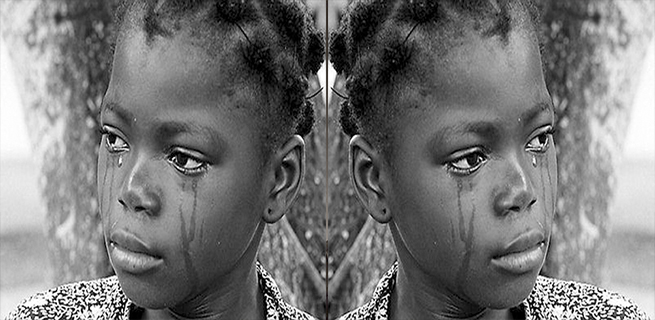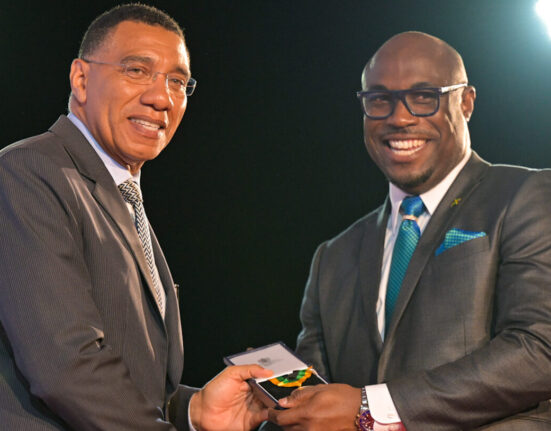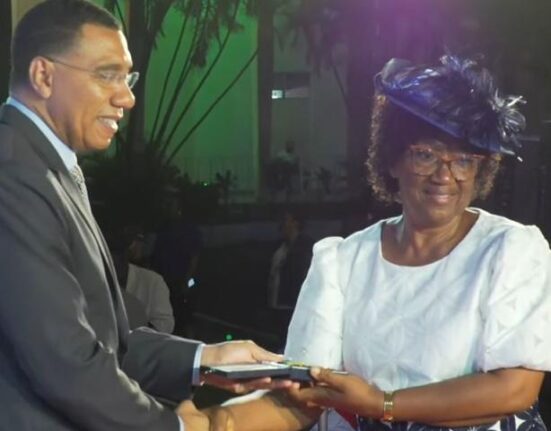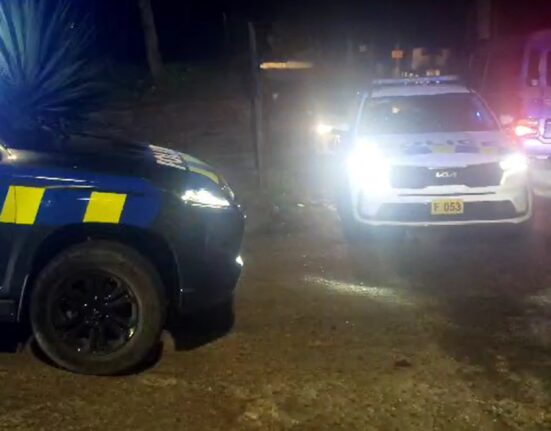Most families would keep secrets from children by telling them that “Grandma went to live with Aunt Jane.” Many were not taken to funeral homes to say their last goodbyes because it was believed it would scare and scar them for life. Over time we learn that we do more harm than good in sheltering them from the pain. Although children are little they are not stupid. Children will sense that something is wrong but they are immature at how they express their pain with words. The wondering how Grandpa died will result in children feeling betrayed because the truth was not revealed to them and they never had a chance to say their good byes.
There are many grown adults today that are still carrying scars because they have lost their parent at a young age and they have never really known the cause of death because the other parent, aunts and uncles thought it best not to mention the death. The fact is that children grieve the same way we do. They feel real pain and have real needs, just as we do. (blurb) Even infants sense when there is tension in the family. So it is imperative that children be permitted to grieve. Because of their tender age more time and consideration to their needs is also imperative.
Children’s emotional responses are much like our own:
* they feel the same shock, disbelief and confusion
* there is a greater sense of vulnerability at their age and they depend on us even more than before
* they also go through depression and withdrawal
* they cry, have fits of anger and rage, become rebellious and act out, especially when their grief is not addressed.
This is very important because we can spend too much time doing our own grieving that our children are often left to their grief work alone. I strongly encourage that we find family and friends who will shepherd or watch over our youngsters and help them go through the grieving process.









